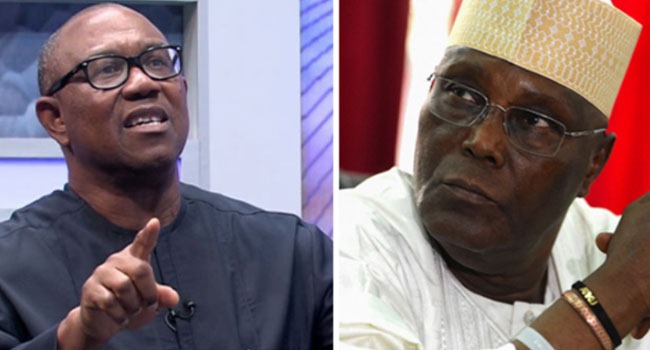The Tribunal Certified True of Copies of Judgment and “Tinubu Presidential Legal Team” – The Call for Transparent Justice
By Emmanuel Ihim
The recent verdict by the Presidential Election Tribunal Court sends reverberations far and wide, not just within our nation’s boundaries, but also echoing across continents. Our beloved Nigeria, a beacon of democratic progress in Africa, today stands questioning the very foundations upon which our Republic was built. The Tribunal’s judgment, endorsing the presidency of Bola Tinubu, is seen by many as a deviation from the sacred tenets of our Constitution and Electoral Law. This alleged ‘electoral robbery’ is not just a blot on our national fabric but challenges the very spirit of democracy that we, as Nigerians, hold dear.
In the evolving narrative of Nigerian democracy, the Presidential Election Petition Court (PEPC) ought to be an impartial arbiter of Justice, better still, a bastion of Justice. The judgment they just delivered did not contain any iota of justice; instead, it was filled with illogicalities, callous irrationalities, and menial technicalities with a clear aversion to the rule of Law, the Constitutional and even the Electoral Act 2022. Recent revelations surrounding the labeling of the tribunal’s judgment have thrust the institution into a quagmire of skepticism and doubt.
Navigating the Nuances: Headers versus Watermarks
The emergence of the “Tinubu Presidential Legal Team” label on the Certified True Copies (CTC) of the tribunal’s judgment has stirred a tempest of concerns. It casts shadows over the court’s impartiality and the sanctity of its proceedings. When a CTC, which ought to be a mirror reflection of the original, bears such an unexpected deviation, it merits immediate and thorough scrutiny.
While it might appear inconsequential to many, the distinction between a header and a watermark carries profound implications in legal contexts. The ‘Tinubu Presidential Legal Team’ header’s inclusion on the document subtly implies a potential origin, an alarming proposition when considering that the rightful emblem should exclusively be the seal of the Court of Appeal of Nigeria. Such an intentional oversight creates an unsettling narrative of possible biases and deviations from protocol.
The focal concern remains the undue delay encountered by Atiku Abubakar, Peter Obi, and their legal ensemble in procuring the CTCs. However, it is the inclusion of the controversial label that deepens the intrigue. Why, one must ask, would an official court record bear the insignia of one of the respondent parties?
Any semblance of favoritism, even if unintentional, erodes the foundational principles of the judicial process. For justice to retain its reverence, it must not merely be dispensed but must radiate transparency. The apparent prioritization of the Tinubu Legal Team in accessing the judgment, coupled with Justice Haruna Tsammani’s earlier commitments and subsequent delays, only muddies the waters further.
The nuanced debate surrounding the significance of the header versus the watermark emphasizes the criticality of the issue. Their distinction is clear-cut, and the presence of a header implies a closer association with the document’s inception. For the sake of Nigeria’s domestic and global standing, it is imperative that the PEPC furnish a lucid and candid account addressing these irregularities. Restoring faith necessitates transparency, accountability, and the dispelling of lingering ambiguities.
Beyond the principal parties, the unfolding scenario has profound implications for the broader tenets of Nigerian democracy. The judicial process’s sanctity and the public’s trust hang in the balance. As the case inevitably advances to the Supreme Court, the precedent set now will reverberate through subsequent proceedings.
In essence, this case symbolizes a more significant quest for transparent governance, democratic ideals, and steadfast adherence to the rule of Law—the vigilant eyes of Nigeria demand unblemished justice. Amidst the waning confidence in numerous state entities, the judiciary remains a lighthouse of hope – a beacon that must shine unclouded.










